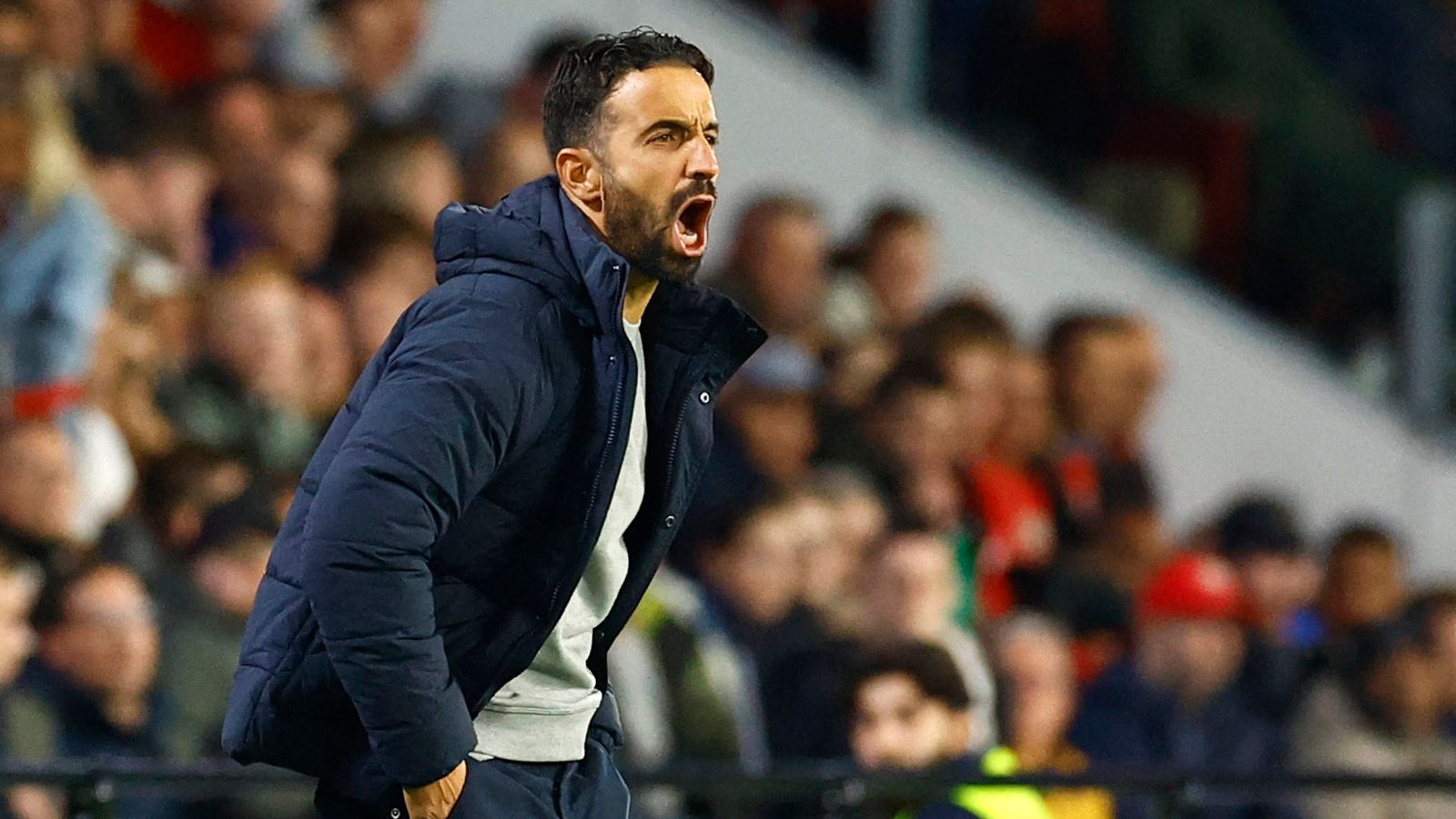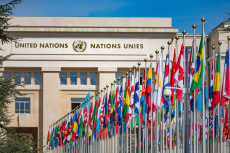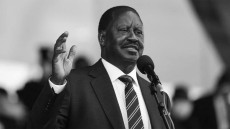- Amorim’s willingness to overhaul the staff may signify his desire to fully implement his philosophy at Old Trafford, but it comes with risks. Van Nistelrooy’s departure severs a link to the club’s past—one that many felt provided needed continuity and stability. While the move signals Amorim’s confidence in his approach, it raises the question of whether this decision will strengthen or strain the unity within the squad.
Manchester United has officially entered a new chapter under the management of Ruben Amorim, a move that has already sparked intense discussion among fans and pundits alike.
One of the key talking points has been Amorim's decision to part ways with former interim manager Ruud van Nistelrooy and several of Erik ten Hag's remaining coaching staff, including Rene Hake, Jelle ten Rouwelaar, and Pieter Morel.
Van Nistelrooy, who stepped in as interim manager for four games, left a lasting impression with his results and leadership. Under his guidance, United secured two victories over Leicester City, a hard-fought Europa League win against PAOK, and a 1-1 Premier League draw with Chelsea.
Despite the brief tenure, many saw his spell as more than a mere temporary uplift; it was a stabilizing force during a turbulent period at Old Trafford.
Among the prominent voices criticizing Amorim’s decision is former United stalwart Rio Ferdinand. On his show 'Rio Reacts', Ferdinand openly questioned the move, praising Van Nistelrooy’s impact on the squad. “His audition couldn’t have gone any better,” Ferdinand noted. “He had a steely determination to put himself in the best position, whether to stay at the club or attract attention elsewhere.”
Read More
Ferdinand highlighted how Van Nistelrooy’s approach seemed to resonate well with the players. “The team needed someone to pull them together during that turbulent time. Ruud wasn’t just a short-term fix—he was a leader who gained the trust of the players by being tactically astute and direct in his communication. The players wanted to do well for him.”
Amorim’s willingness to overhaul the staff may signify his desire to fully implement his philosophy at Old Trafford, but it comes with risks. Van Nistelrooy’s departure severs a link to the club’s past—one that many felt provided needed continuity and stability. While the move signals Amorim’s confidence in his approach, it raises the question of whether this decision will strengthen or strain the unity within the squad.
As Manchester United prepares for the challenges ahead, all eyes will be on how the new manager’s decisions shape the club’s trajectory. Amorim’s tenure has only just begun, but the stakes are already high. Whether his bold choice to part ways with Van Nistelrooy and key coaching staff will yield success or invite further scrutiny remains to be seen.












